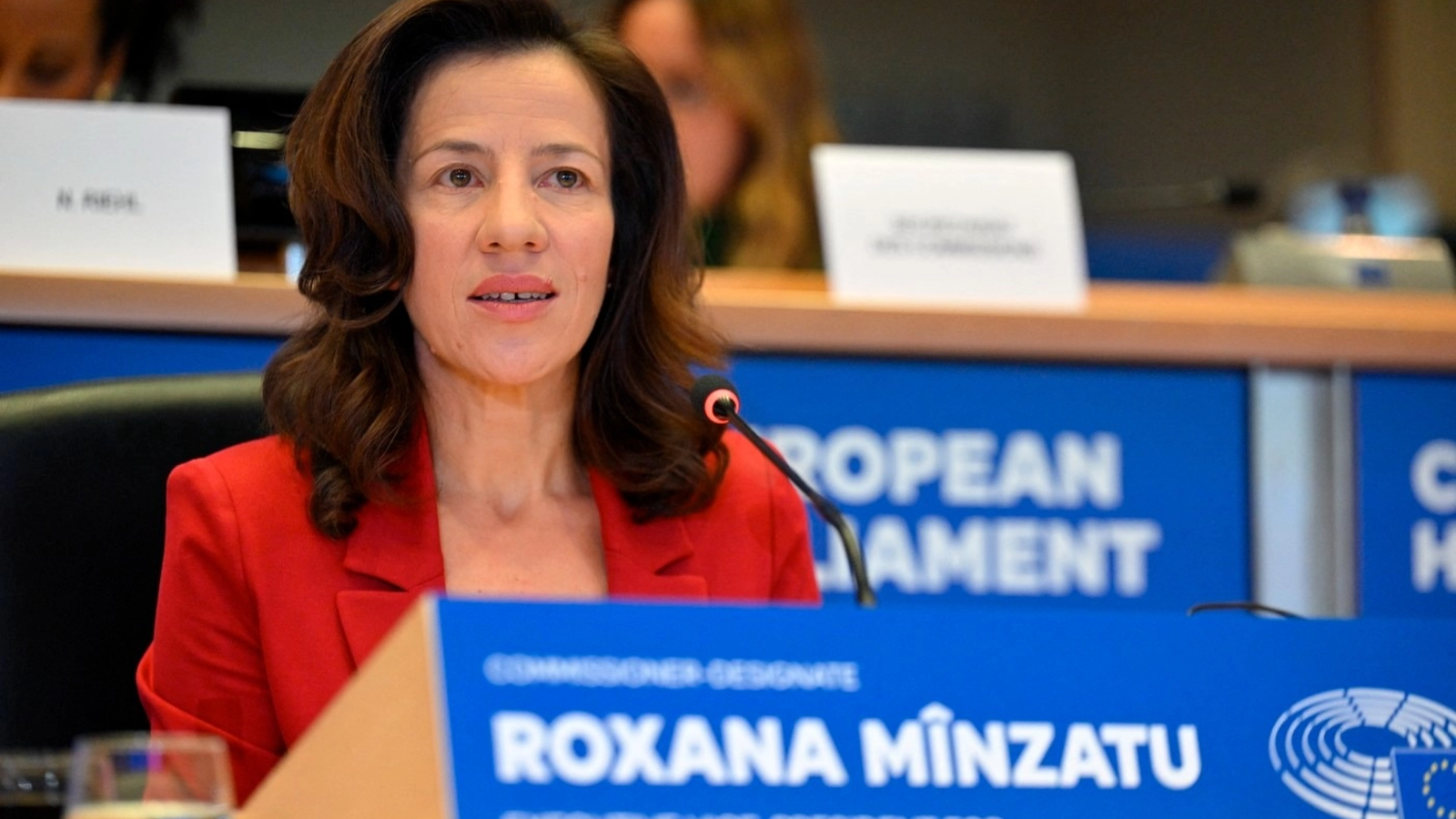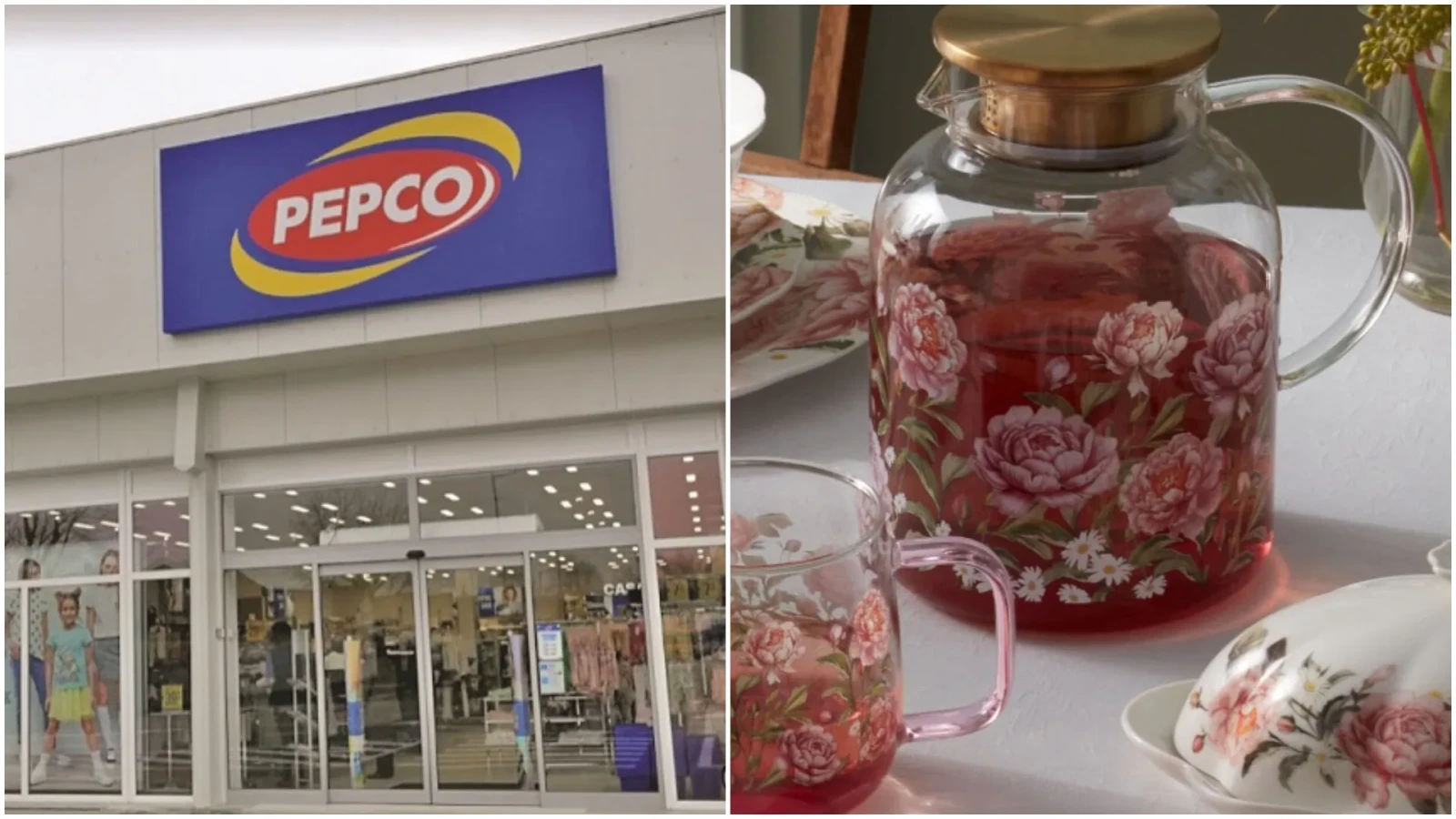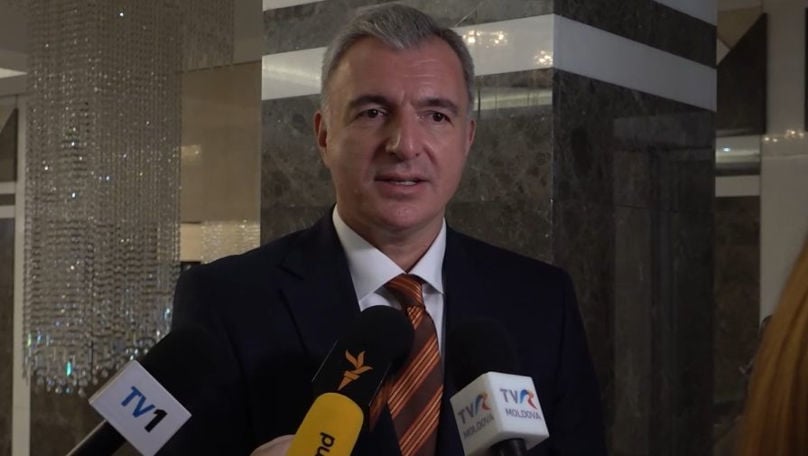The basic skills of Romanian students have to improve, so that Romania and the European Union are stronger in the global competition, Executive Vice-President of the European Commission (EC) Roxana Minzatu told a news conference on Tuesday in Bucharest, answering a question about the reform plans for high schools put forth by the Romanian Ministry of Education.
"Our expectations, in order to be strong, in the end, and in this global competition, are that the basic skills of Romanian students in reading, writing and arithmetic but also digital skills, will improve. We need these skills for any of Europe's plans for industrial competitiveness in the medium and long term. We no longer have engineers, the water sector has no one else to work with. And, if you talk about the defence industry, we also need technical people, both at the level of vocational and technical education, as well as at the university level. And it all starts with the children who once performed in mathematics, from the mathematics teachers and, in the end, from this vein, this tradition, which in Eastern Europe was quite strong, not only in Romania, to have good children in this STEM [science, technology, engineering, mathematics] area," Minzatu said at the EC Representation in Romania.
She added that the European executive, according to the treaties, does not have legal competences in the area of education and that it is the member states that decide "how many hours of sports, religion, history, geography they put in the curriculum."
"But obviously we have some common objectives and we have funding to support member states. We have recommendations through which we try to eventually reach some results on the PISA tests that will put Europe on an equal footing with China, with the United States. We are together in the European Union, and for this approach we come with support, under Erasmus programs, through which we finance not only mobility, but also the creation of educational policy models. Or we propose to create these alliances of schools, alliances of European universities, the European diploma, through which we learn from each other, to offer mobility to children, teachers and thus increase the educational quality."
Minzatu added that Europe, in order to be economically strong and secure and to provide jobs, "needs a refocus on these types of key skills - STEM, digital".
"Without these, let's not be upset afterwards that we are talking only about migration, of course, legal migration. I also have this role in my portfolio, to deal with this concept called the EU Talent Pool, a tool through which we can see - when we do not find human resources, local talent - how we can attract people from third countries ready to meet the needs of our industry. But I would like to discuss what we can do here, within the European Union, and we can support the member states, to make us perform better. Obviously, we finance under the European Social Fund, indeed, but it is the decision of the Ministry of Education and the Ministry of Funds how they invest these resources, including teacher training, including the creation of educational content support for the equipping of classroom. But how do these things happen? It is not a diktat from Brussels or the European Commission. As far as content is concerned, we have a collaborative relationship, and that's it," she said.
The Executive Vice-President of the European Commission Roxana Minzatu, responsible for social rights and skills, quality jobs and preparedness, was on a visit to Bucharest on Monday and Tuesday for talks with Romanian officials. It is her first official visit to Romania in her new capacity.
































Comentează